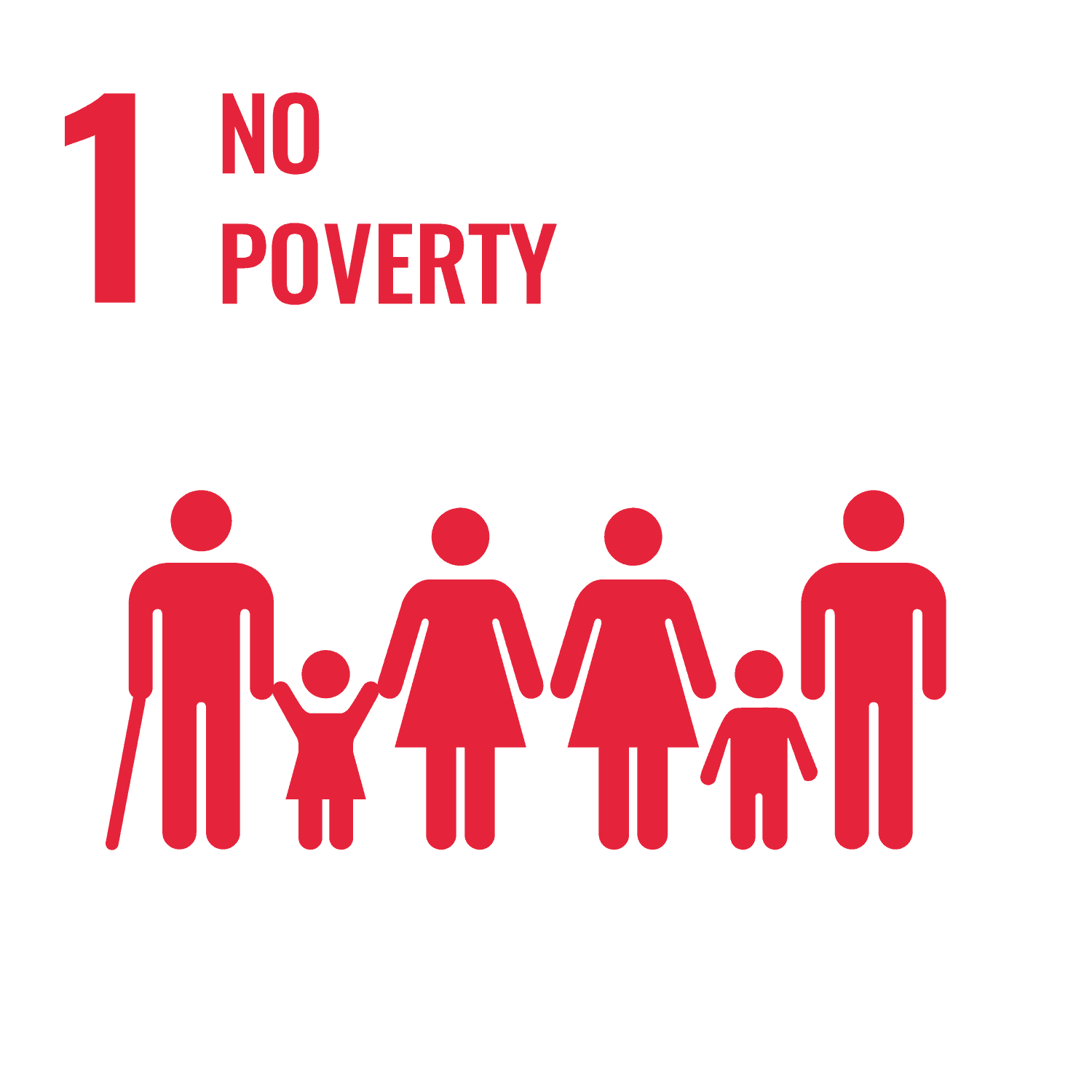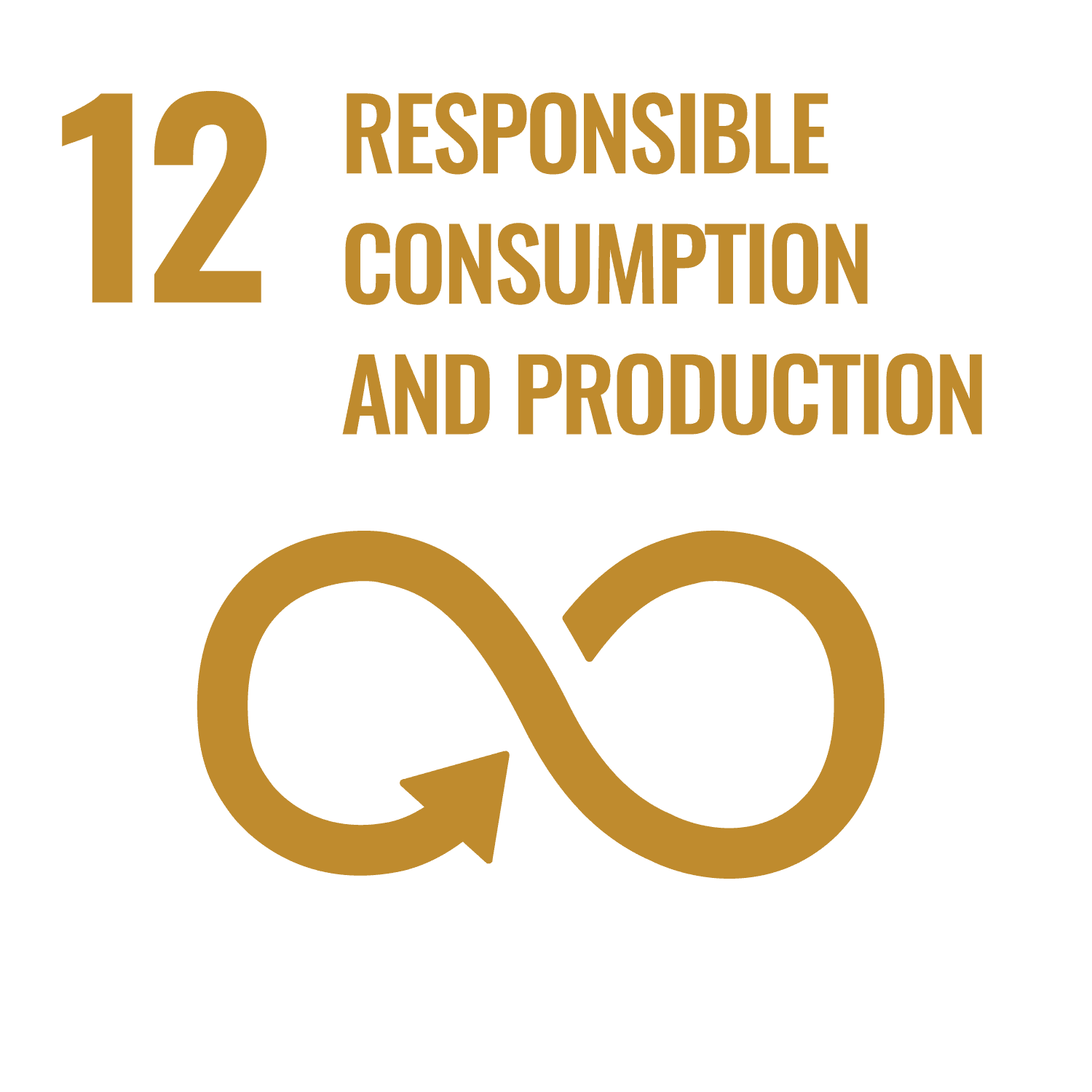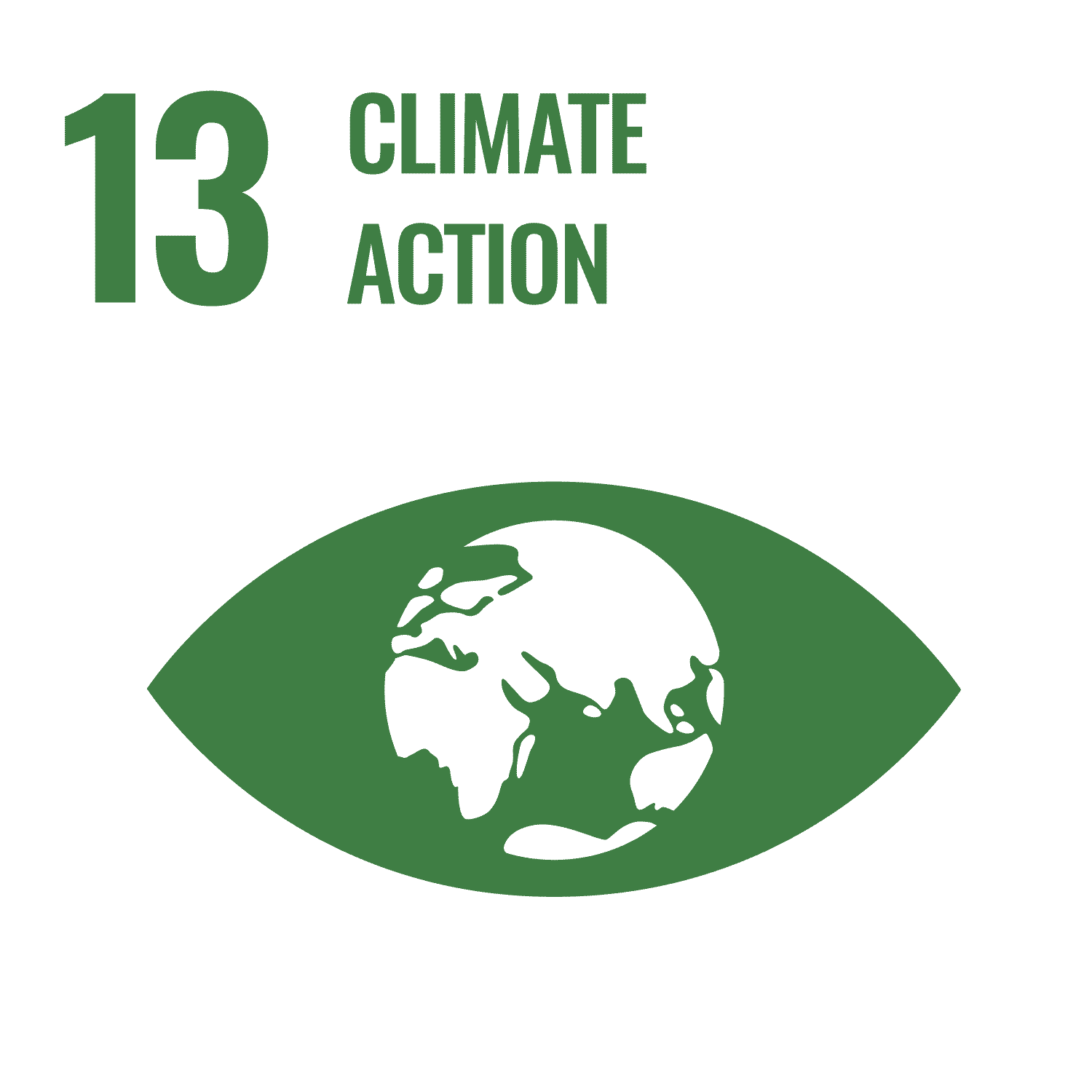CFC Stockpiles in Ghana
Learn more about Tradewater's work eliminating old CFC stockpiles in Ghana and the climate benefits of this project.
Uncovering stockpiles of old refrigerants
Located near the Densu River in Pokuase, Ghana, City Waste Recycling is a non-profit founded by entrepreneur Jürgen Meniel. City Waste Recycling recycles old, inefficient refrigerators and offers programs for local residents to upgrade to newer, more efficient appliances. While working to address the e-waste problem, Meniel ran into a substance that he was unsure how to manage: refrigerant.
Meniel contacted Tradewater’s CEO, Tim Brown, to determine what could be done.
The Densu River supplies half the drinking water to Ghana’s capital city of Accra, but its ecological fate is complicated: it has been dubbed “the world’s digital dumping ground.” Increased consumption of electronic products and the ongoing import of waste electronics, such as used mobile phones, computers, refrigerators, and stoves, has left the once thriving wetland overtaken by e-waste capable of releasing carbon monoxide and other hazardous substances into the atmosphere.
Despite the complicated international regulations required for work of this kind, an entrepreneurial spirit drove both Brown and Tradewater COO Gabe Plotkin to see through the potential complexities to the potential environmental benefit – and a trip to Ghana was scheduled.
Working with Ghanaian business owners
In Ghana, Tradewater discovered a massive store of unused R-12, or chlorofluorocarbon (CFC) refrigerant, commonly known as Freon. R-12 has a global warming potential that is over 10,000 times as potent as carbon dioxide. Alongside employees at a local chemical contractor, Nak-na Electric & Trading, Tradewater classified the material by type, affixed tracking barcodes, and prepared it to be shipped to the United States for destruction.
Navigating borders and protocols
At the time, global NGO’s did not include unused CFCs in their carbon offset protocols. To ensure the material could be sold once it was shipped from Ghana, Tradewater worked with Verra to build an updated protocol to include unused CFCs. This created the capacity to generate verified carbon offset credits from the work, making them available to buyers. Shortly after, the American Carbon Registry created its own protocol for these substances. After navigating international environmental protocols around transporting hazardous waste, Tradewater successfully transported the material back to the United States for destruction in a series of two trips.
Project impact
|
Project Details
|
|
|---|---|
|
Project location
|
Accra, Ghana
|
|
Project type
|
Ozone depleting substances (ODS)
|
|
Carbon avoidance
|
|
|
Registry
|
Verra (VCR)
|
|
Years active
|
2018-2019
|
|
Batch
|
Batch ID
|
Vintage
|
Tons of CO2e
|
Weight of CO2
|
Verifier
|
Project Documents
|
|
|---|---|---|---|---|---|---|---|
|
01
|
1752
|
2018
|
19,647
|
1,940 kg
|
|||
|
02
|
1752
|
2019
|
135,784
|
13,217 kg
|
|||
Project gallery

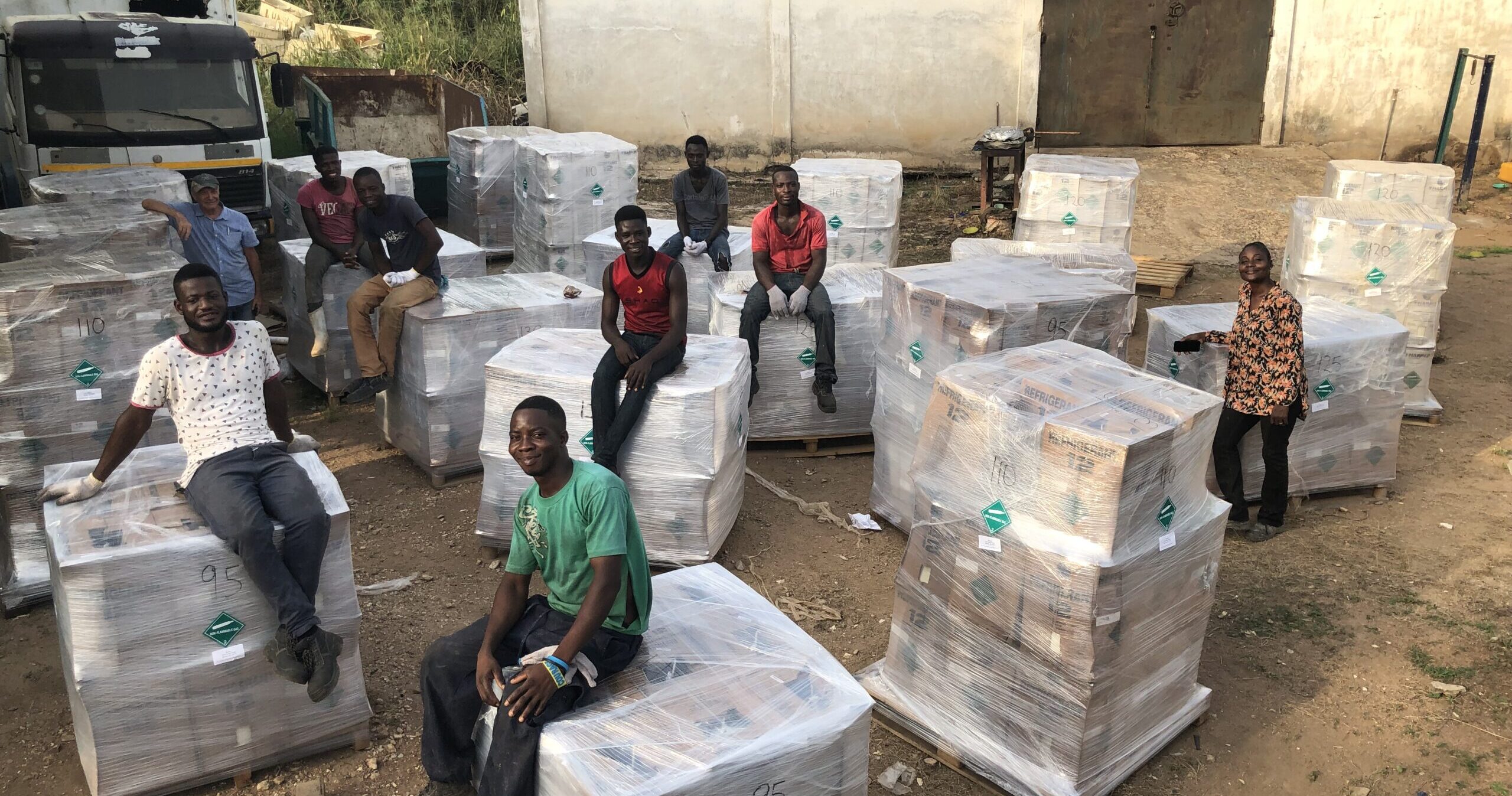
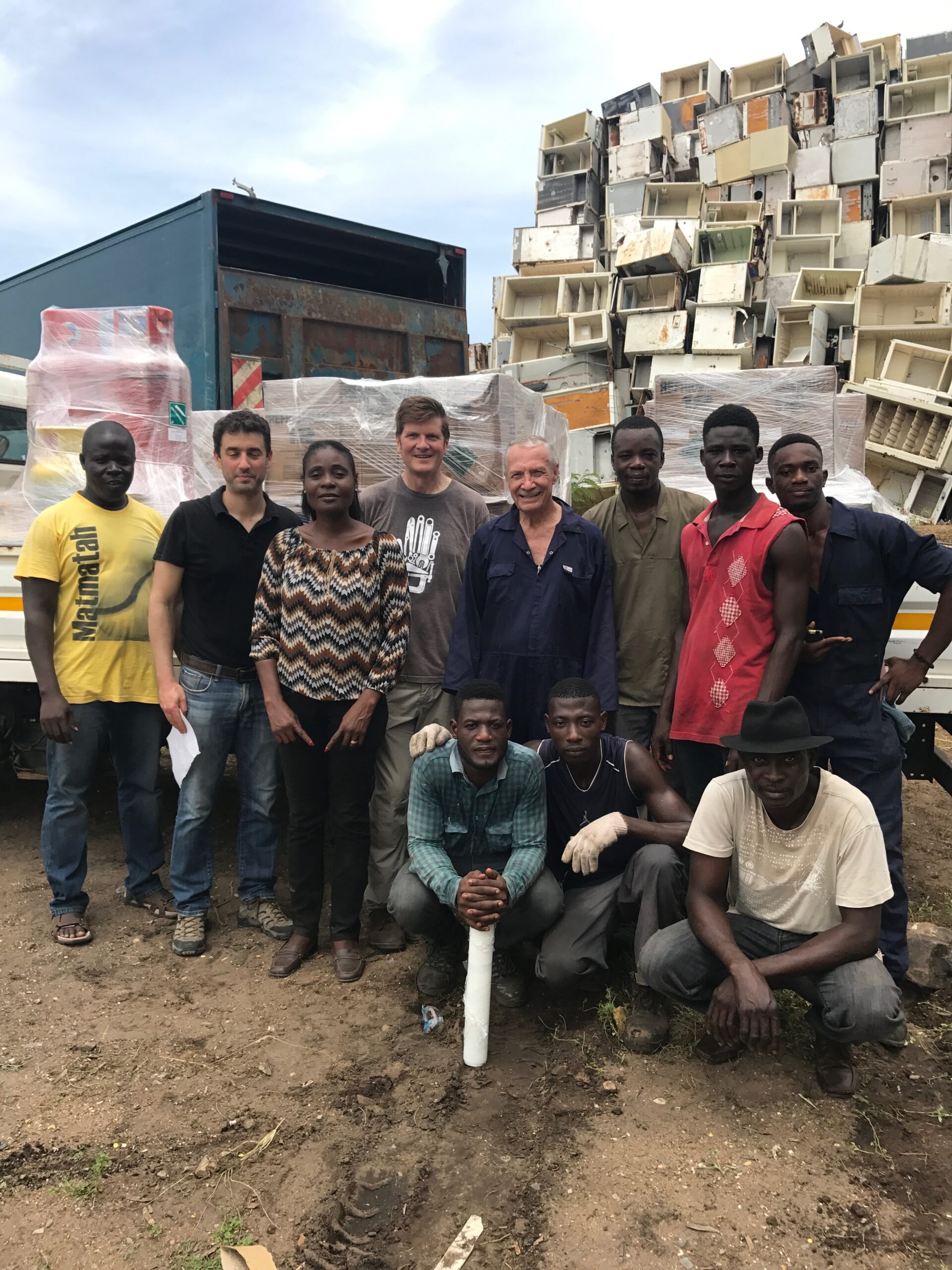
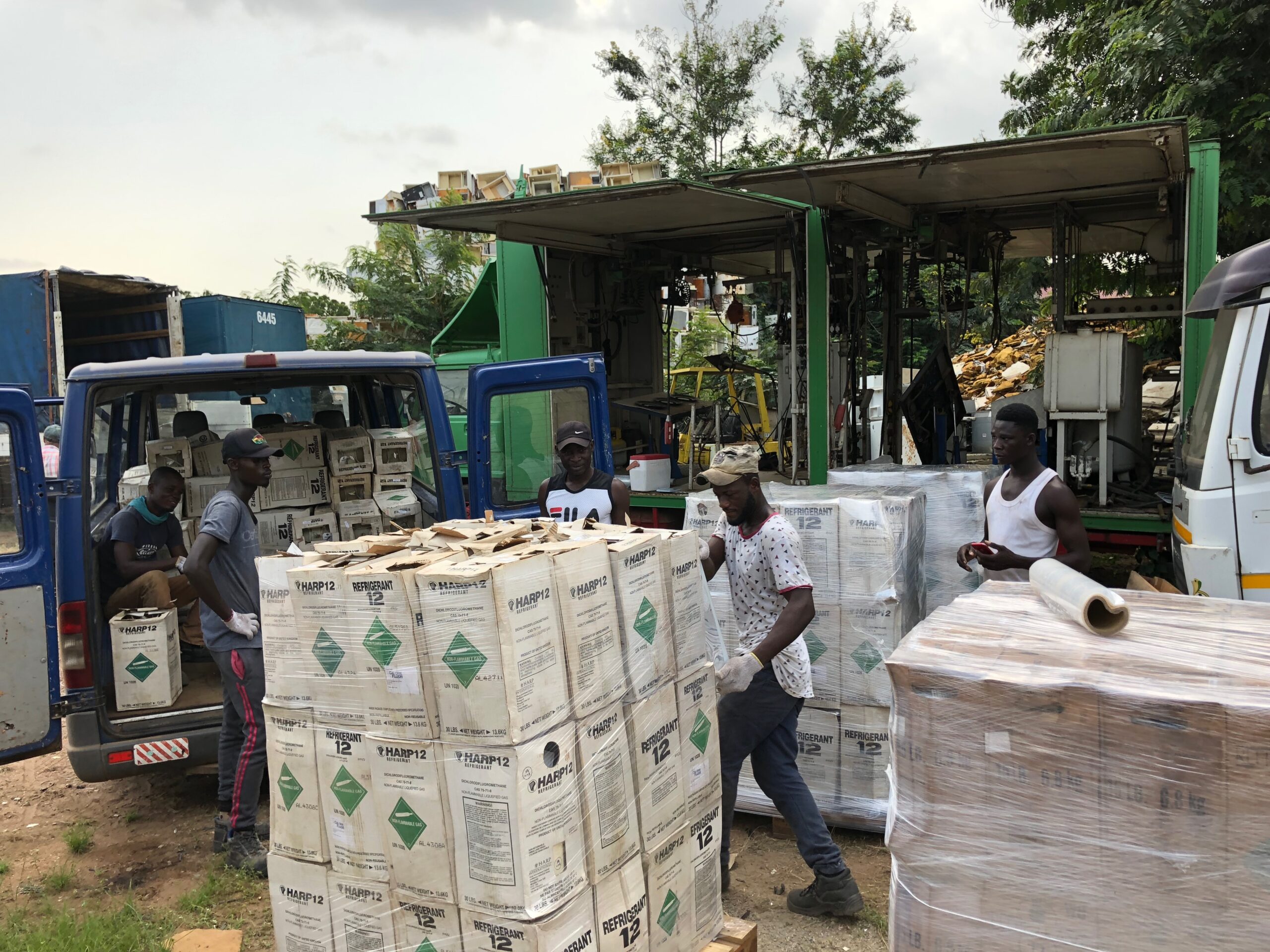

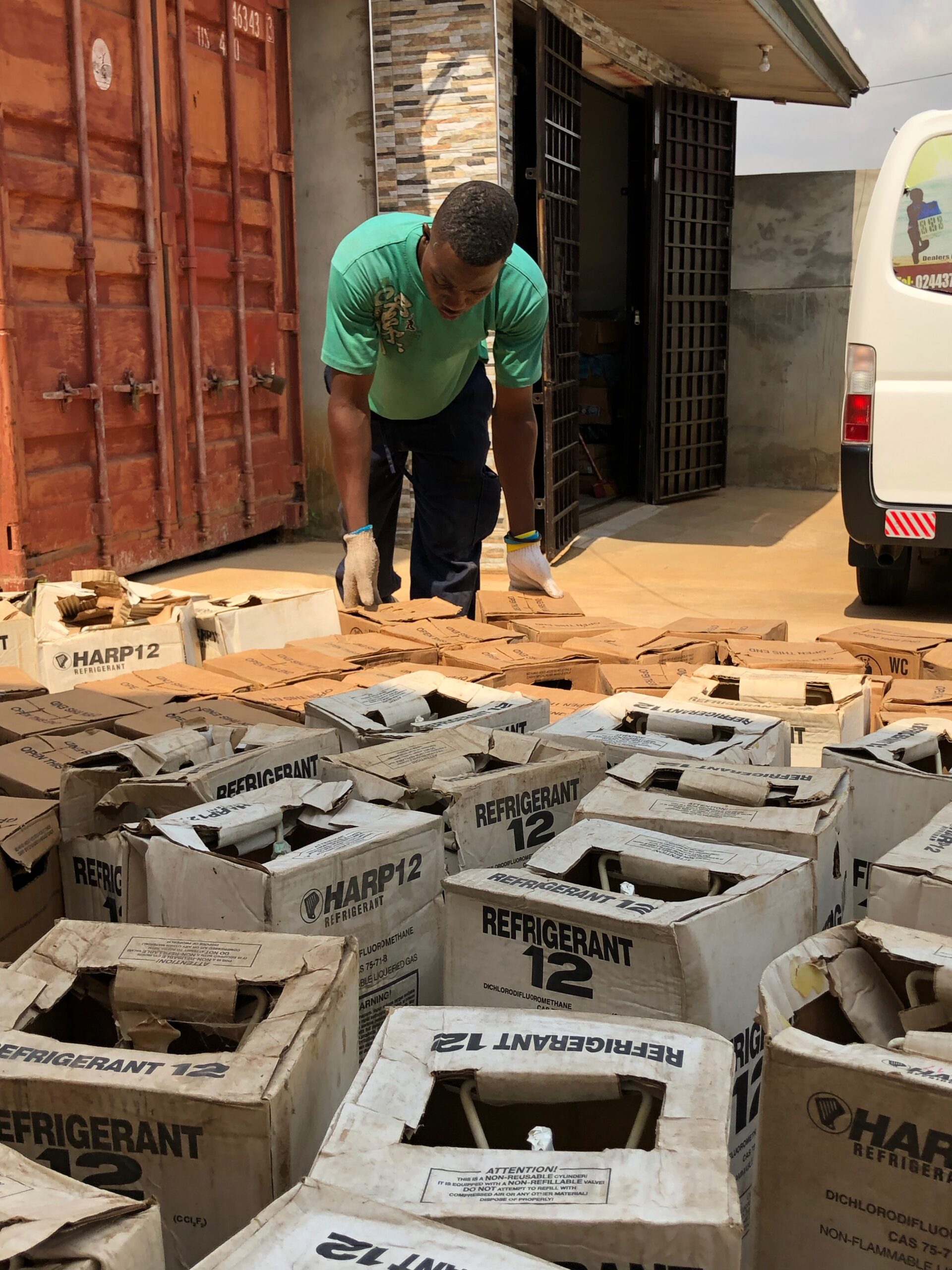


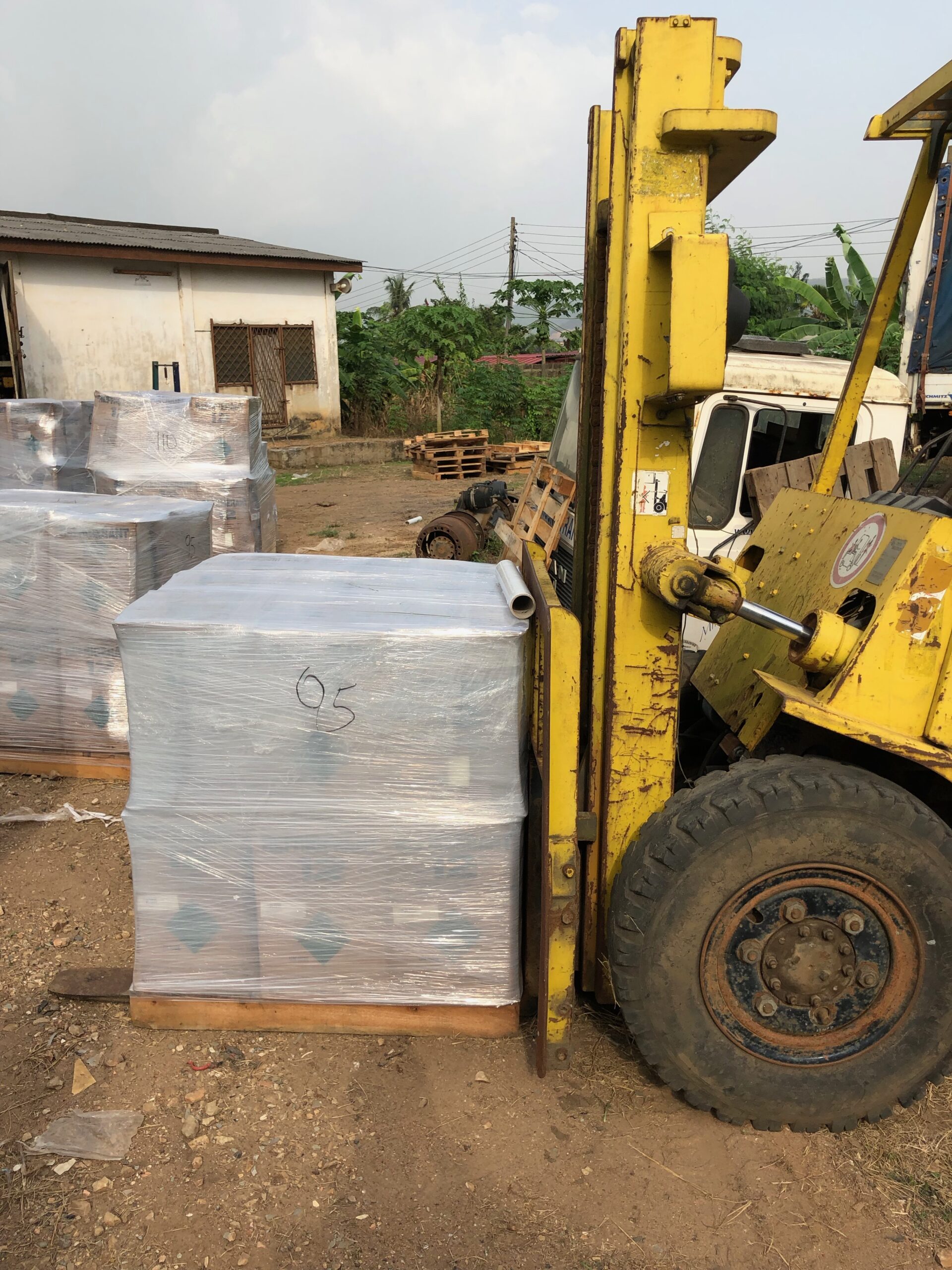
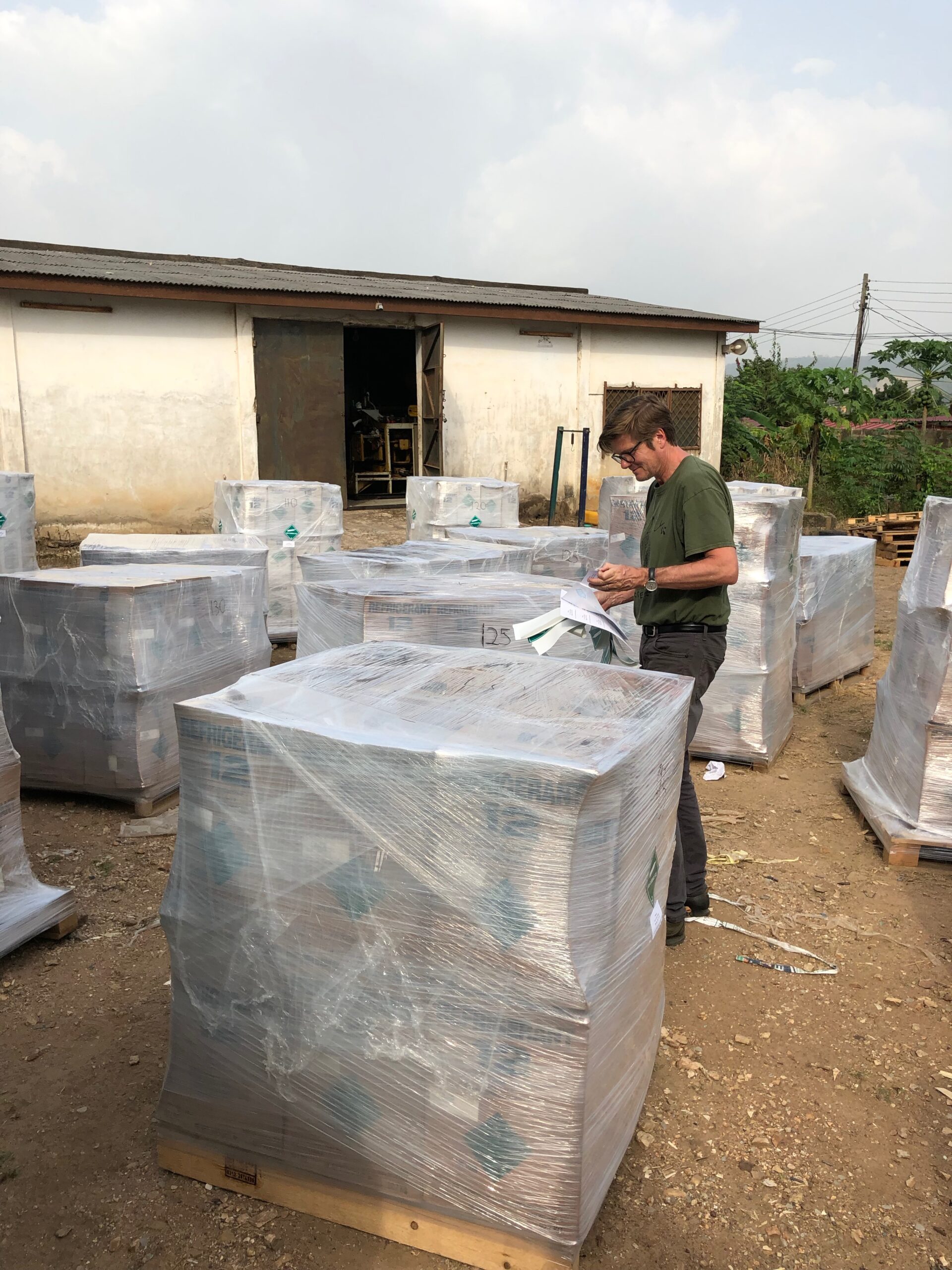
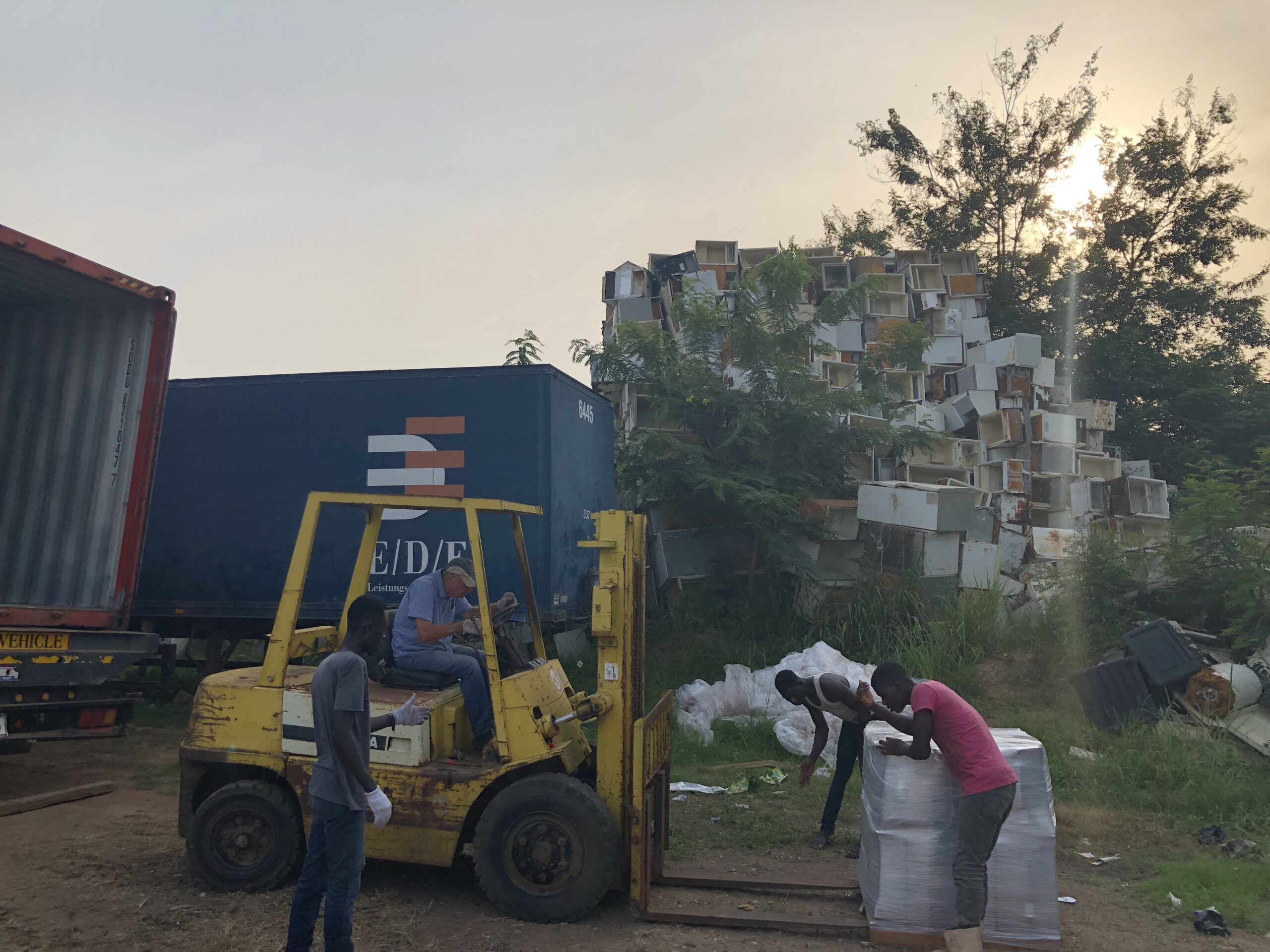
The catastrophic impact of halocarbon gases
Discover more about halocarbon gases, their impact on the planet, and Tradewater’s role in mitigating halocarbon emissions, permanently.

